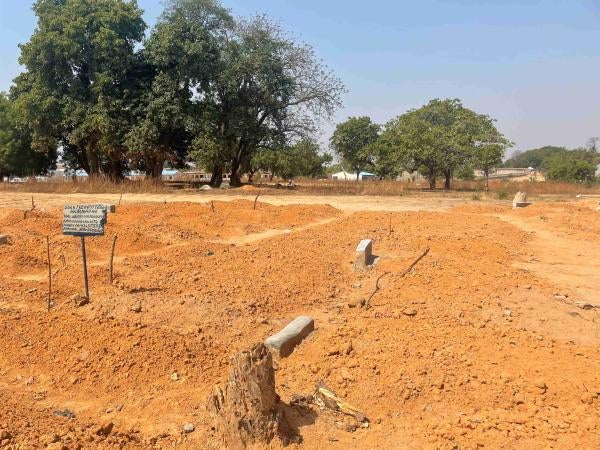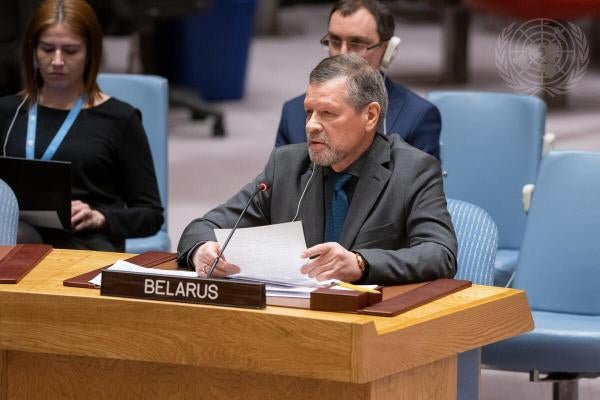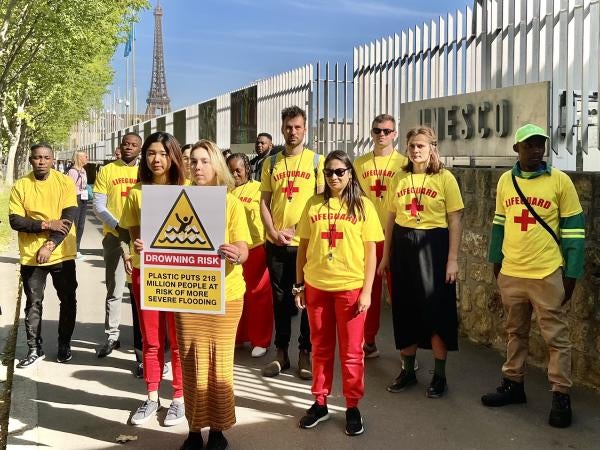Lire la version en français
After months of delays, the Nigerian military has finally owned up to an airstrike that killed 39 civilians.
In response to an inquiry from Human Rights Watch, the air force admitted for the first time it carried out the bombing in the small settlement of Kwatiri in Nigeria’s Nasarawa State in January. They told us the airstrike was in response to “suspected terrorist” activities but provided no other details.
What they hit, in fact, was a group of cattle herders.
Why did it take the air force five months and pressure from an international human rights group to own up to the deadly attack – especially when everyone knows it was them?
There’s a pattern here. This was not an isolated incident.
Since 2017, more than 300 people have reportedly been killed by airstrikes the Nigerian air force claimed were intended for criminal groups or members of the Islamist armed group Boko Haram, but instead hit civilians.
Many of these deadly attacks are taking place amid a wider context of violent disputes over the use of natural resources between nomadic herders, mostly ethnic Fulani, and farmers. The conflict has escalated in Nasarawa and other states in Nigeria’s Middle Belt and Northwest region over the last decade.
Attacks by militia groups on both sides have led to deaths and displacement across the region. Security forces carry out land and air operations against criminal groups, often called “bandits,” who are associated with herder-allied militias.
The herders believe January’s airstrike intentionally targeted them in reprisal for grazing in a restricted area.
What needs to happen now is clear: a full investigation into this incident. The authorities should make the findings public and hold those responsible to account. They should also provide financial compensation to victims and their families. All this should be done as quickly as possible.
The Nigerian air force took months to come clean about their deadly airstrike. They should not delay justice any further.







